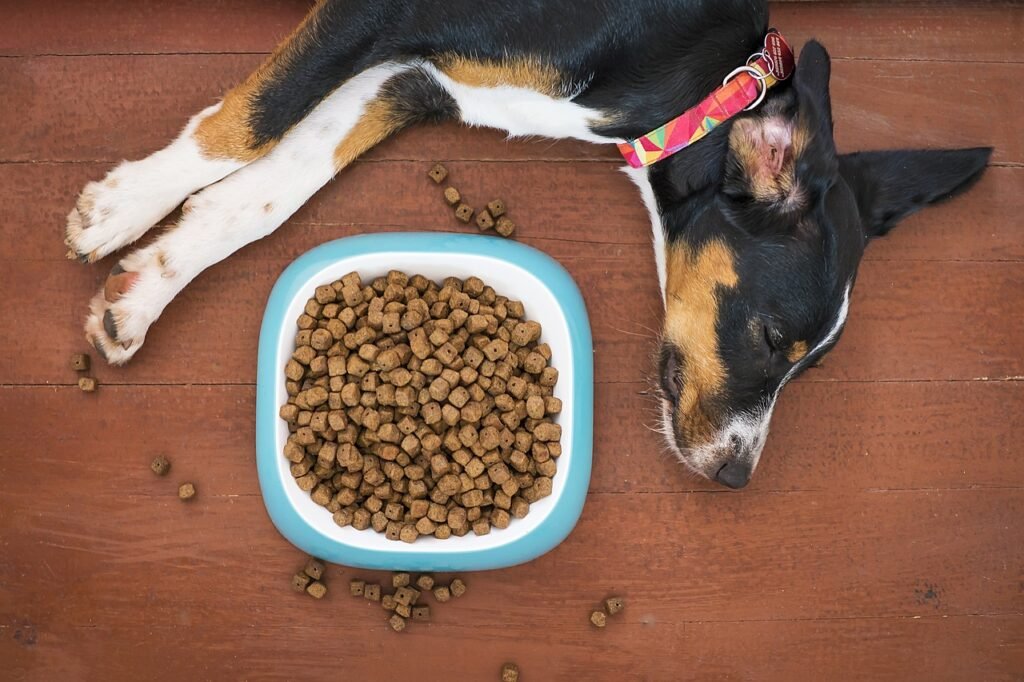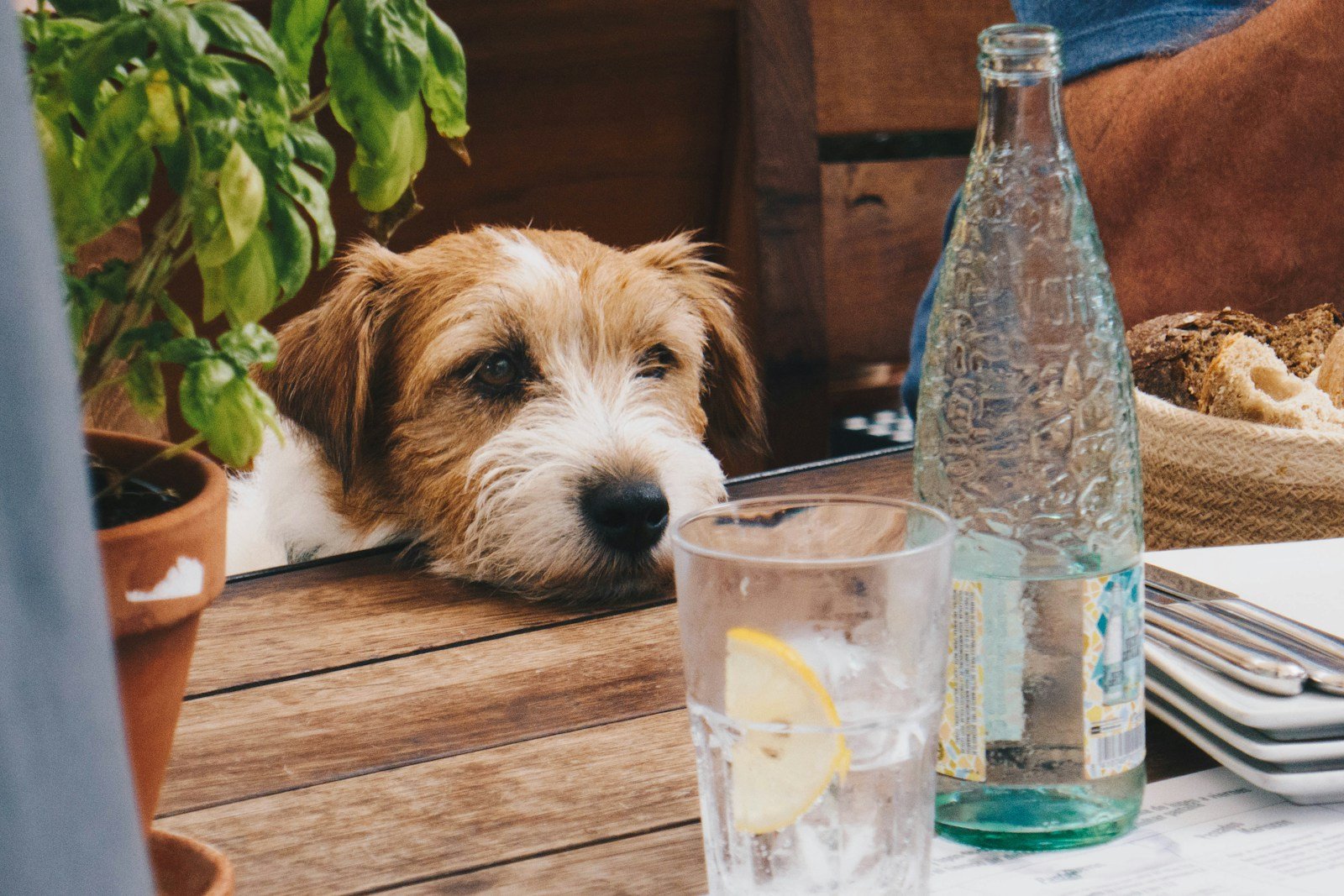We all know those eyes — big, round, pleading — just begging for a bite of your dinner. And let’s be honest, giving in to your dog’s soulful stare is easy. But that bite of chocolate or leftover chicken bone could do way more harm than good. As tough as it is to resist those puppy eyes, experts say your dog’s health is on the line.
“In general, pet owners should avoid giving their dogs ‘human’ foods,” says Dr. Samantha Palermo, a relief veterinarian with Evette. Feeding dogs people food can lead to obesity, pancreatitis, organ damage, and even death. A little table treat might seem harmless, but for your dog, it could spell big trouble.
Top Foods You Should Never Feed Your Dog

Here are some of the most dangerous foods for dogs — the ones vets say should stay far from your pup’s bowl.
- Chocolate: The most infamous of dog toxins. Chocolate contains caffeine and theobromine, which can cause vomiting, heart arrhythmias, seizures, and, in severe cases, death. Dark chocolate, baking cocoa and baking cocoa are especially dangerous.
- Xylitol: This sugar substitute is found in gum, candy, peanut butter, baked goods, and even toothpaste. It causes a dangerous drop in blood sugar and can lead to liver failure. If your dog eats something with xylitol, call your vet immediately.
- Grapes and Raisins: These fruits can lead to sudden kidney failure in dogs, and no one’s exactly sure why. Best to keep them off the menu entirely.
- Garlic and Onions: These flavor-packed staples can damage your pup’s red blood cells, leading to anemia, weakness, and fast heart rate. They’re dangerous raw, cooked, powdered — any form.
- Macadamia Nuts: Just a few can cause vomiting, tremors, weakness, and overheating. Dogs are especially sensitive to them. The amount of fat in these nuts can also cause pancreatitis.
- Yeast Dough: It keeps rising — even in your dog’s stomach. That can cause painful bloating and potentially life-threatening complications.
- Animal Bones: They might seem like a classic dog treat, but bones can break teeth, cause choking, or puncture the stomach or intestines.
- Raw or Undercooked Meats and Eggs: The “natural diet” trend may be popular, but raw food can expose your dog to salmonella, E. coli, and other dangerous pathogens. Being it is a domesticated dog, their body cannot properly digest raw or undercooked foods.
So What Can Dogs Eat?

While it’s best to stick to commercial dog food, the quality matters. “It’s important to remember that pets need nutrients, not specific ingredients,” said Dr. Bridget Thomas, a vet in Indianapolis.
Look for brands that do actual feeding trials and research as well as meet AAFCO (Association of American Feed Control Officials) standards. Some vet-recommended options: Hill’s Science Diet, Purina Pro Plan, and Royal Canin.
Also, be sure to feed according to life stage — puppies, adults, and seniors all have different nutritional needs. Dr. Samantha Kent from Veterinary Emergency Group notes that feeding guidelines should be based on growth, maintenance, or all life stages.
Final Treats of Wisdom

When in doubt, check with your vet before introducing anything new into your dog’s diet. And while your furry friend may think everything you eat looks delicious, not everything belongs in their bowl. If you are ever in doubt about what your dog can and can’t eat, you can consult your veterinarian or you can go to the American Kennel Club website where they will also have lists of safe foods.
Your dog’s health is worth more than a scrap of bacon. Stay informed, feed smart, and keep those tails wagging.






